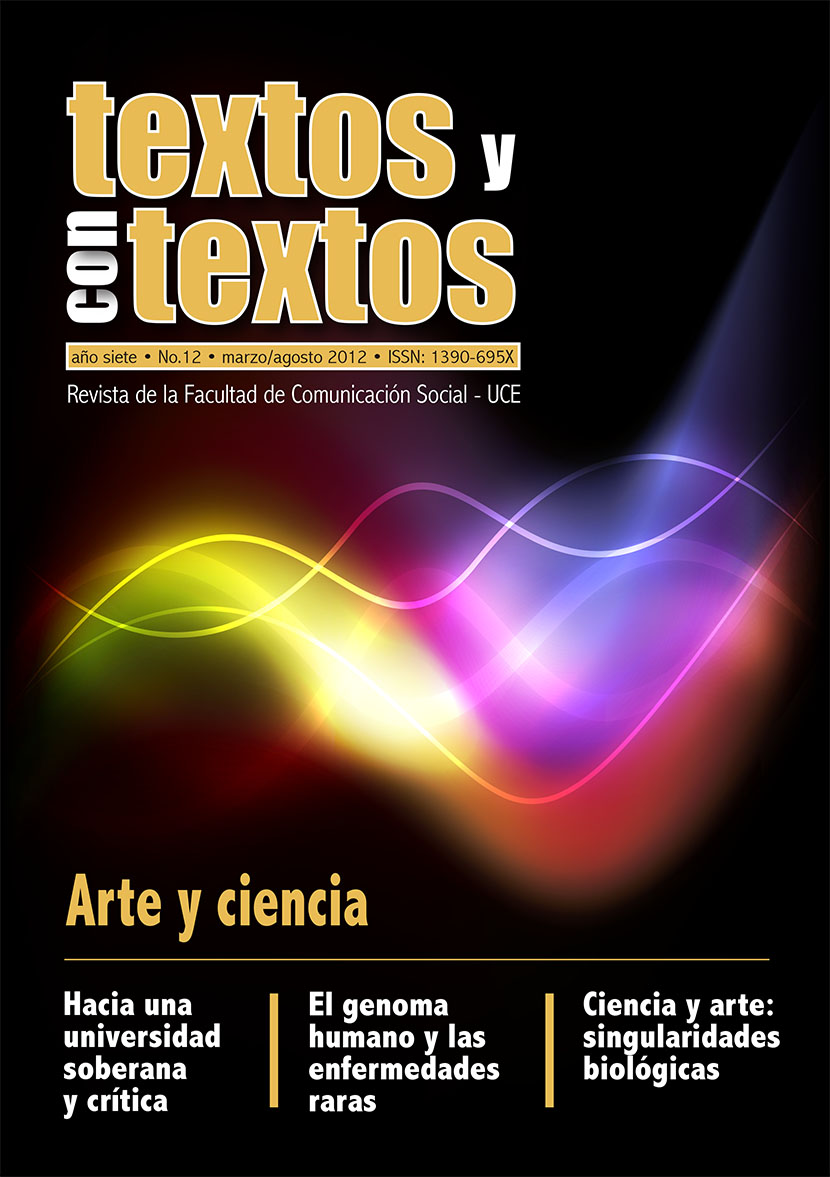The human genome and rare diseases
Main Article Content
Abstract
On June 26, 2000, Bill Clinton and Tony Blair, then president and prime minister of the United States and Great Britain, respectively, announced the discovery of the human genome: the three billion pairs of nitrogenous bases (adenine-thymine and guanine-cytosine). ) that make up our DNA. It was considered the most transcendent event in the history of mankind. The study of the human genome was completed, however, only in 2003. Its advent transformed the course of all branches of science. But biology, and particularly medicine, was going to undergo enormous changes. Cloning, transgenic beings, the use of stem cells, drugs adapted to genes, molecular genetics, paleogenomics are chapters in a vertiginous advance, which modify the living aspect of the planet.




